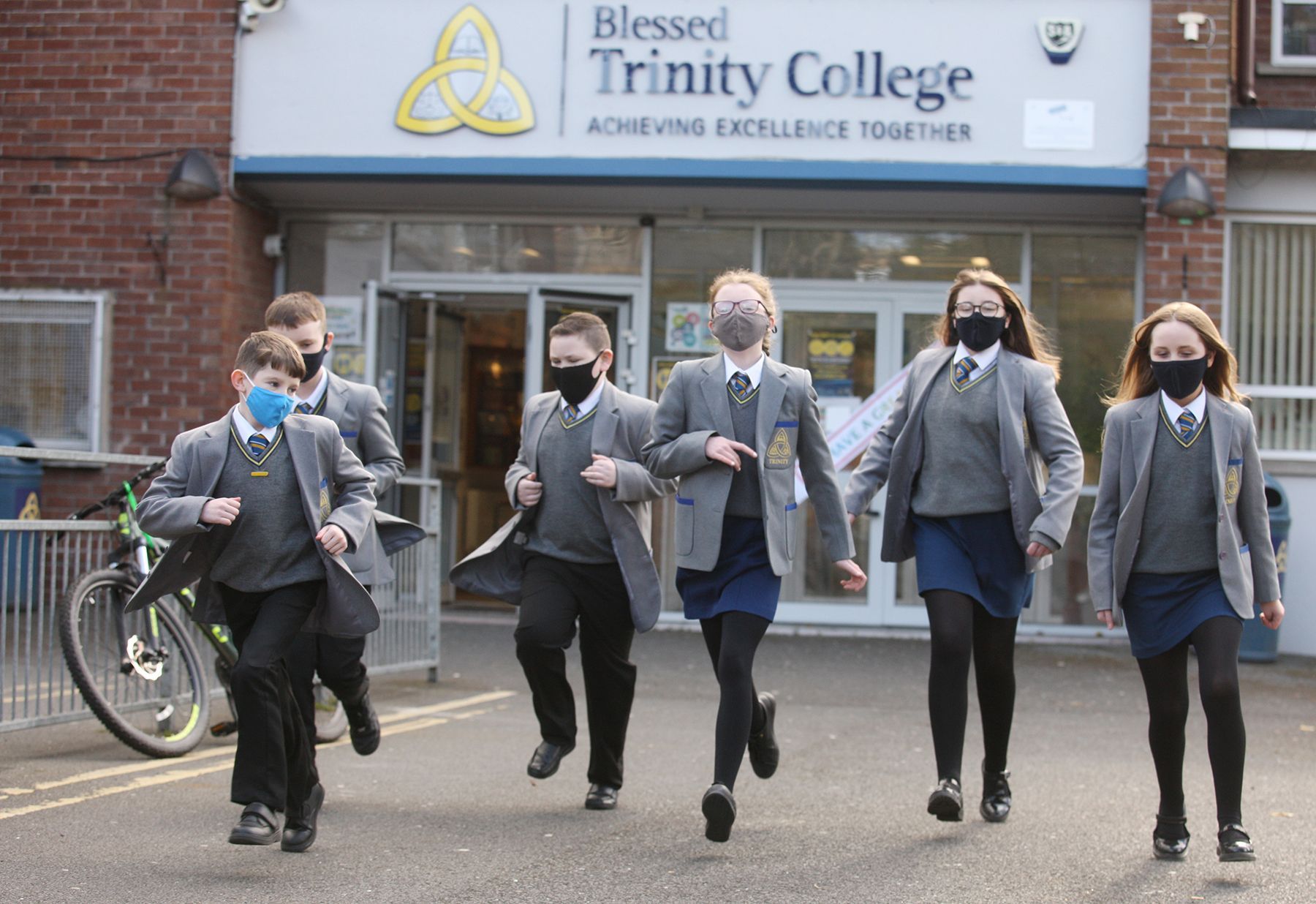There has been one further Covid death overnight with the toll remaining at 2136 deaths.
A further 124 have tested positive for Covid-19 whilst a total of 119,075 people have been diagnosed since the pandemic began.
A total of seven persons have died from the virus in the last seven days, down from ten in the week before. 788 people have tested positive for the virus which is up from 659 in the week before.
There are 71 patients in hospital with Covid and nine are in intensive care. Hospital bed occupancy stands at 98 per cent and there are two outbreaks in care homes.
Non-essential retail is due to open on the 30 April but restrictions are being titrated against changes in the disease data with Scotland opening up next week.
There is concern about the number of cases in Strabane and Derry and a need for border communities to be careful due to the lower vaccination figures in the Republic.
Testing in schools is about to begin and this might see an increase in the number of cases and their contacts should be tested to see where the infection is spreading from. Testing would include those with no symptoms, including all staff in pre-school settings, primary schools and post-primary schools, alongside testing for pupils in years 12-24 — meaning almost 90,000 school staff and students will be invited to carry out a test twice a week.
It is thought that about one third will have the disease without the symptoms and it will be useful if they can take the appropriate actions to reduce the likelihood of spreading the disease. It is hoped that as many as possible will participate.
Lateral Flow Devices for the Lateral Flow test will be available to staff and year 12-14 to allow them to test at home which will take about 30 minutes. The individual takes a swab of the tonsilar area followed by the nostrils and the swab is then mixed with a solution. A few drops of the mixed solution are placed on to the reader of the LFD and in 30 minutes an indicator gives the result.
Those with a positive LFD result will need to self-isolate along with their household and book a PCR (Polymerase chain reaction) test at one of the Covid-19 test sites to confirm their result.
Testing for staff and pupils will be twice weekly and three-to-four days apart. Those with symptoms need to isolate with their household, book a PCR test in the normal way and engage with the Contact Tracing Service when required.
The vaccination programme has been expanded to those aged between 35 and 39 years but the rollout varies throughout the world with concerns about Palestine with Israel, Brazil and India and variants.
Israel has vaccinated 60 per cent of its population whilst Palestine has vaccinated only 0.5 per cent. Whilst there are clear political and supply issues, it does not make epidemiological sense to allow this disparity to continue as variants from the less vaccinated Palestine will inevitably challenge even the vaccinated in Israel requiring booster doses of vaccines tailored for the variants.
Variants arise in areas of high infectivity and are deadly because the virus changes its exterior proteins making it less vulnerable to immunoglobulins derived from vaccination or previous infection by earlier strains.
Variants arising in areas of higher infectivity are thus likely to be imported and can be detected when those arriving are quarantined and tested with genome analysis to see which type of virus they might be infected with thereby protecting the rest of the population.








